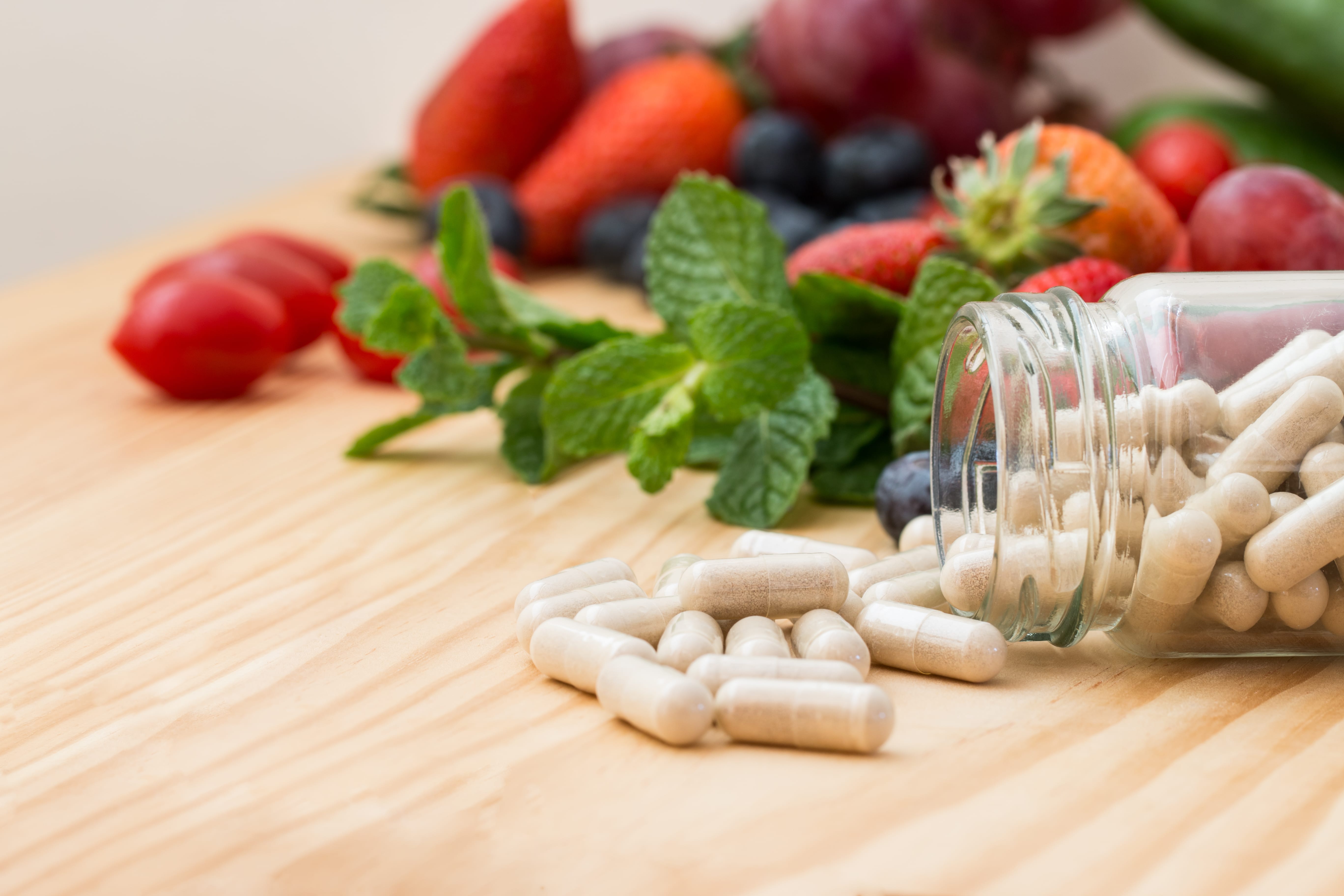Pregnancy Supplements: What To Take And What To Avoid
February 28, 2019Congratulations – you’re pregnant! Now, given that your little one absorbs almost everything you ingest through the placenta, you probably already know the importance of getting enough essential nutrients in your diet and are now considering purchasing supplements to help meet the daily requirements.
But – what to take, which are safe, and which aren’t during pregnancy? If you’re overwhelmed, don’t worry; this article will help you out.
Supplements to take during pregnancy
#1 – Folic acid
Meet the pregnancy super-nutrient you’ll want to add to your plate throughout all nine months: folic acid. It plays a critical role in the production of your little one’s heart and circulatory system and helps develop your developing baby’s brain and spinal cord.
Research also shows that folic acid supplementation during pregnancy can help reduce the risk of neural-tube defects (congenital disabilities) in your child!
#2 – Calcium
Calcium is vital to healthy bones and teeth, and the same applies to your developing baby. Your baby will take all the calcium she needs from your body for the development of her bones and teeth.
If you’re not ingesting sufficient amounts of calcium, your body will leach the calcium from your bones to provide it to your baby. And as you can imagine, that makes you incredibly susceptible to osteoporosis. You don’t want that now, do you? Consider calcium supplements if you don’t think you’re getting enough calcium in your diet.
#3 – Iron
As your blood volume increases during pregnancy, your iron needs grow as well. Iron is essential for making haemoglobin, the component of blood that shuttles oxygen throughout the body and to your baby.
If you don’t get in enough iron, you may run the risk of becoming anaemic. And not only would that cause you to feel sluggish, but it can also inhibit the growth of your baby!
#4 – Fish oil
When you take fish oil, you’re killing two birds with one stone. How so? Well, that’s because fish oil contains DHA and EPA – the two essential fatty acids that are crucial for your baby’s brain development.
Research has found that the supplementation of DHA and EPA during pregnancy may boost infants’ cognitive functions. Also, some evidence suggests that fish oil may benefit your baby’s eye development.
#5 – Prenatal supplement
If the thought of gulping down five different supplements scares you, here’s some good news. You can (nearly) get all the nutrients you’d need to support a healthy pregnancy through supplementing with a prenatal vitamin. The fewer pills you need to pop, the better, right?
While there are many options available in the market, you should ensure that the one you choose contains the previously-mentioned essential nutrients: folic acid, iron, calcium, and omega-3 fatty acids, like DHA.
Supplements to avoid during pregnancy
One word: herbs. In general, you should avoid supplementing with anything herbal during pregnancy. Here’s a brief list of herbal supplements you need to avoid – at all costs.
1. Black cohosh – can cause uterine contractions, in turn inducing preterm labour.
2. Goldenseal – might worsen jaundice in infants, leading to a rare type of brain damage (kernicterus) that can be fatal.
3. Dong Quai – may stimulate uterine contractions, increasing the risk of miscarriage.
4. Pennyroyal – thought to be a stimulator for the menstrual process and uterine contractions, leading to the expulsion of the fetus and placenta.
5. Mugwort – can stimulate a woman’s menstrual cycle and, therefore, should be avoided by expectant women.










